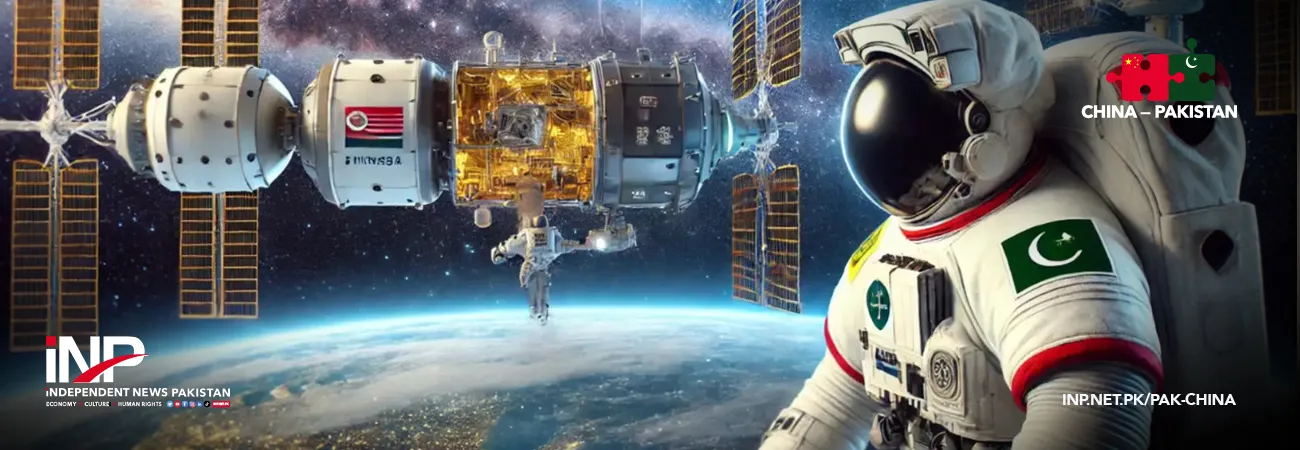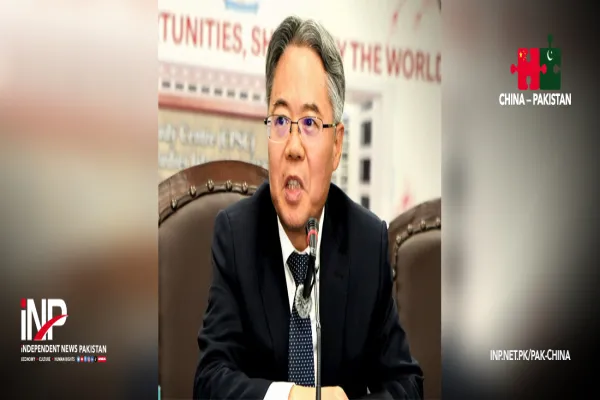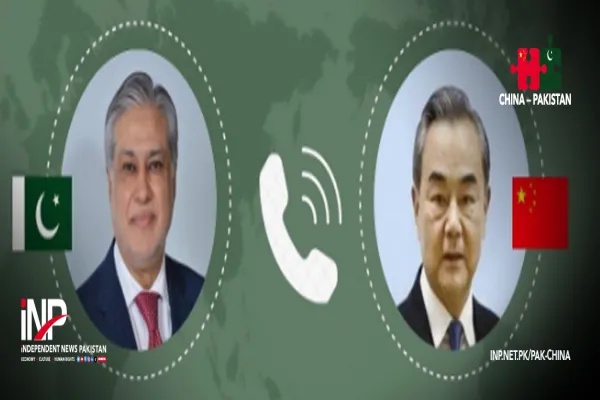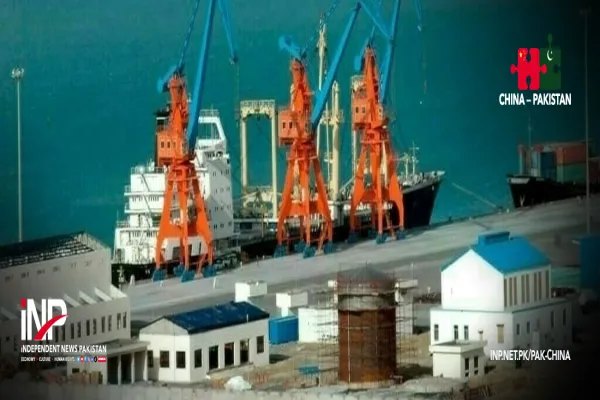i NEWS PAK-CHINA
China-Pakistan space cooperation is going to be high gear as China’s Tiangong space station that has welcomed Shenzhou 20, Chinese spaceflight which flew on April 24, will soon receive Pakistani astronaut under framework of China-Pakistan Space Cooperation first time in the history of China and Pakistan all-weather friendship. Shenzhou 20, Chinese spaceflight blasted off from the Jiuquan Satellite Launch Center in northwest China and landed on Tiangong Space Station.
In the backdrop of Shenzhou 20, Tiangong Space station and China Space Program, Sino-Pak tenacious relationship has tugged the new string of space collaboration and friendliness, Gwadar Pro reported on Tuesday. China’s manned space program, that facilitated three-crewed Shenzhou 20, follows principles of peaceful use, mutual benefit, and shared development. The China-Pakistan Space collaboration sets a model for broader international cooperation, encouraging more nations to participate.
Let alone world is abuzz on successful flight of Shenzhou 20, Pakistan nation has also gone overboard with conviviality and excitement observing all development phases, take-off and Shenzhou-20’s land on Tiangong space station. Shenzhou-20 crewed mission has transported three Chinese astronauts Chen Dong, Chen Zhongrui and Wang Jie. Cheng Dong serves as the commander, the China Manned Space Agency (CMSA).
They will replace three astronauts currently on the Chinese space station. Like those before them, they will stay there for roughly six months. Last three-person crew were sent in October last year and have been in Tiangong Space Station for 175 days. The inclusion of a Pakistani astronaut in an international mission unveils an awesome milestone for Pakistan’s space ambitions In 2026, under Pakistan China Space Cooperation, Pakistani astronaut will go full steam ahead to join a future mission to China’s Tiangong space station.
Development has come after the signing of a landmark agreement between the two countries at the end of February this year. Selection process for Pakistani astronauts is currently underway. The selection will follow the same rigorous process as that of Chinese astronauts, comprising three stages – preliminary, secondary and final. While the preliminary selection is being carried out in Pakistan, the subsequent stages will be held in China. Two candidates will ultimately be shortlisted to undergo training at Chinese facilities.
One Pakistani astronaut will take part in a joint spaceflight mission as a payload specialist. Aside from routine crew responsibilities, the astronaut will also conduct scientific experiments on behalf of Pakistan. The inclusion of a Pakistani astronaut in an international mission unveils an awesome milestone for Pakistan’s space ambitions seeking to deepen its scientific and technological cooperation with China.
The signing of this agreement marks the first time that the Chinese government will select and train astronauts for foreign countries. For the first time, the Chinese space program will train a Pakistani astronaut, who will also be the first foreign astronaut to visit China’s space station. The agreement, known the “Cooperation Agreement on the Selection, Training of Pakistani Astronauts and Participation in China’s Space Station Flight Mission,” was signed by officials from the China Manned Space Engineering Office (CMSE) and the Pakistan Space and Upper Atmosphere Research Commission (SUPARCO) on Feb. 28.
Billing China as its “most reliable and strategic partner”, PM Sharif has envisioned Biejing as touchstone for Pakistan’s ambitious space technology sector. The past decade saw the two nations sign several accords, covering key areas such as satellite research and development, launch services, and ground station construction.
Between 2019 and 2024, China and Pakistan signed 12 cooperation agreements. The CubeSat project is just one of many joint ventures strengthening Pakistan’s space program. Beyond lunar missions, China-Pakistan space cooperation has already transformed communication and remote sensing in Pakistan. The three major satellite projects – Comsat-1R, Remote Sensing Satellite-1, and the latest Multi-Mission Communications Satellite launched in 2024 – have had a profound impact.
The partnership extends beyond technology – it’s about knowledge sharing and talent development. Over the past five years, China has trained more than 200 Pakistani space professionals and established three joint R&D centers.
Credit: Independent News Pakistan (INP) — Pak-China








